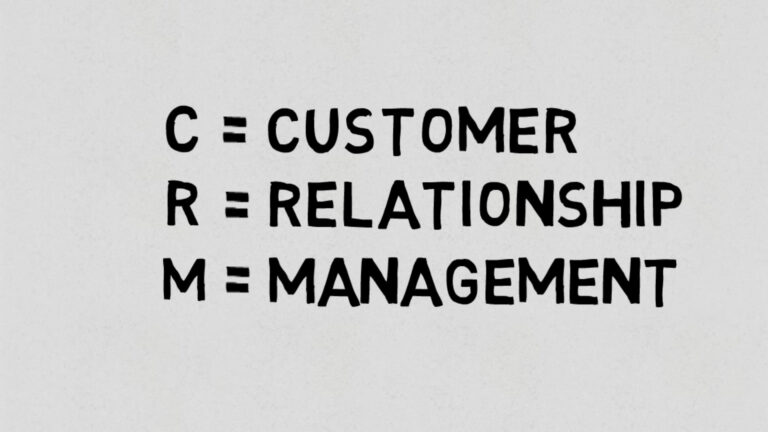The demand for software engineers has been steadily increasing, as technology continues to permeate every aspect of our lives. Software engineering is a rewarding career choice, offering high salaries, diverse job opportunities, and the ability to create innovative solutions to complex problems. If you’re considering a career in software engineering or looking to enhance your skills in the field, this comprehensive guide will provide you with the necessary knowledge and resources to help you succeed.
- Understand the Basics
Before diving into the world of software engineering, it’s essential to understand the basic concepts, including programming languages, algorithms, data structures, and software development methodologies. These foundational skills will serve as the building blocks for your software engineering journey.
Resources:
- FreeCodeCamp (https://www.freecodecamp.org/): Offers a comprehensive curriculum covering web development, JavaScript, and other foundational concepts.
- MIT OpenCourseWare (https://ocw.mit.edu/): Provides a wealth of computer science courses, including Introduction to Computer Science and Programming.
- Choose a Programming Language
Selecting a programming language to learn is a crucial step in becoming a software engineer. Some popular languages include Python, Java, C++, and JavaScript. When choosing a language, consider factors such as the industries you’re interested in, your prior programming experience, and the available job opportunities.
Resources:
- Codecademy (https://www.codecademy.com/): Offers interactive courses in various programming languages, including Python, Java, and JavaScript.
- LeetCode (https://leetcode.com/): Provides a platform to practice coding problems in multiple languages and improve your problem-solving skills.
- Master Data Structures and Algorithms
A strong understanding of data structures and algorithms is essential for software engineers, as these concepts form the basis of efficient problem-solving and software design. Familiarize yourself with common data structures such as arrays, linked lists, and trees, and learn fundamental algorithms like searching, sorting, and dynamic programming.
Resources:
- Coursera (https://www.coursera.org/): Offers courses on data structures and algorithms, such as the Data Structures and Algorithms Specialization by the University of California, San Diego.
- GeeksforGeeks (https://www.geeksforgeeks.org/): Provides articles and tutorials on various data structures and algorithms, along with coding examples.
- Learn Software Development Methodologies
Understanding software development methodologies is crucial for successful project management and collaboration. Familiarize yourself with popular methodologies such as Agile, Scrum, and Waterfall, and learn how to apply them in real-world situations.
Resources:
- Pluralsight (https://www.pluralsight.com/): Offers courses on Agile, Scrum, and other software development methodologies.
- Scrum.org (https://www.scrum.org/): Provides resources and certifications for professionals looking to learn and implement Scrum.
- Build Your Portfolio
Creating a portfolio is vital for showcasing your skills and experience to potential employers. Start by working on personal projects or contributing to open-source projects. This hands-on experience will not only help you develop your skills but also demonstrate your passion for software engineering.
Resources:
- GitHub (https://github.com/): A platform for hosting and collaborating on software projects, which can also serve as a portfolio for potential employers.
- SourceForge (https://sourceforge.net/): Another platform for hosting and contributing to open-source projects.
- Networking and Job Search
Networking plays a significant role in finding job opportunities and staying up-to-date with industry trends. Attend local meetups, conferences, and workshops, and connect with fellow software engineers on professional networking platforms.
Resources:
- LinkedIn (https://www.linkedin.com/): A professional networking platform for connecting with others in the industry and discovering job opportunities.
- Meetup (https://www.meetup.com/): A platform for finding local tech meetups, workshops, and conferences to expand your network and learn from other professionals.
- Continuous Learning and Improvement
The technology industry is constantly evolving, and as a software engineer, it’s crucial to stay up-to-date with the latest developments, programming languages, and tools. Engage in lifelong learning by taking online courses, attending workshops, and reading industry blogs and publications.
Resources:
- HackerRank (https://www.hackerrank.com/): A platform for practicing coding challenges and honing your problem-solving skills.
- Medium (https://medium.com/): A platform for reading and sharing articles related to software engineering and technology trends.
Conclusion
Becoming a successful software engineer requires dedication, persistence, and a passion for learning. By following this comprehensive guide and leveraging the resources provided, you’ll be well on your way to building a rewarding career in software engineering. Remember that the journey doesn’t end once you land your first job; continuous learning and improvement are key to staying relevant and thriving in the fast-paced world of technology.

